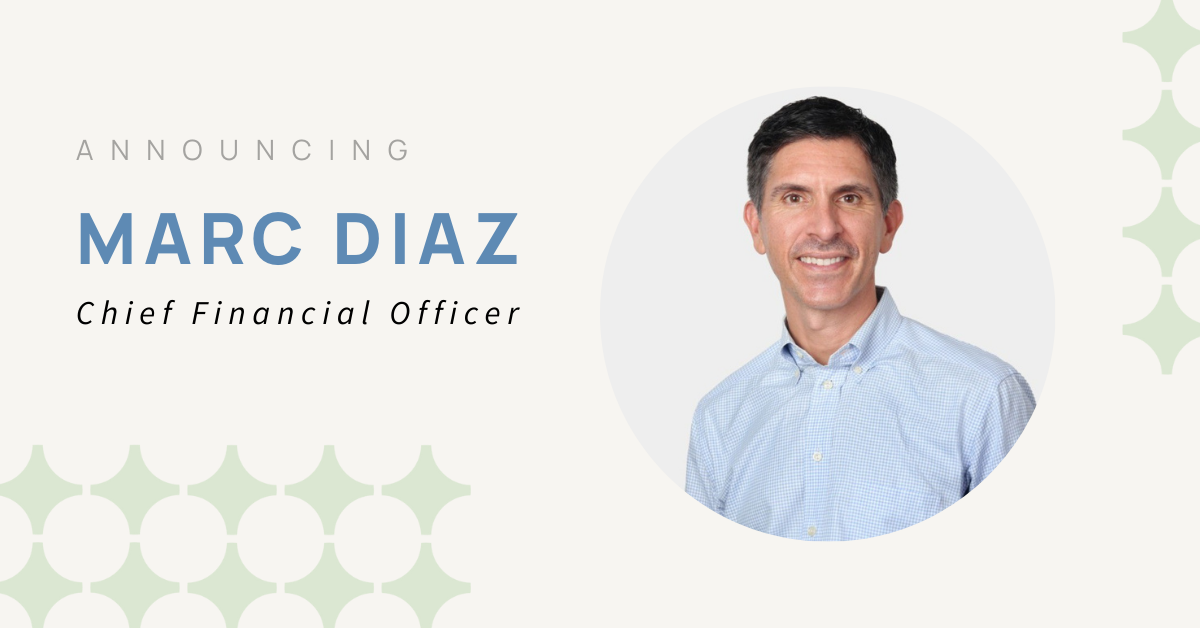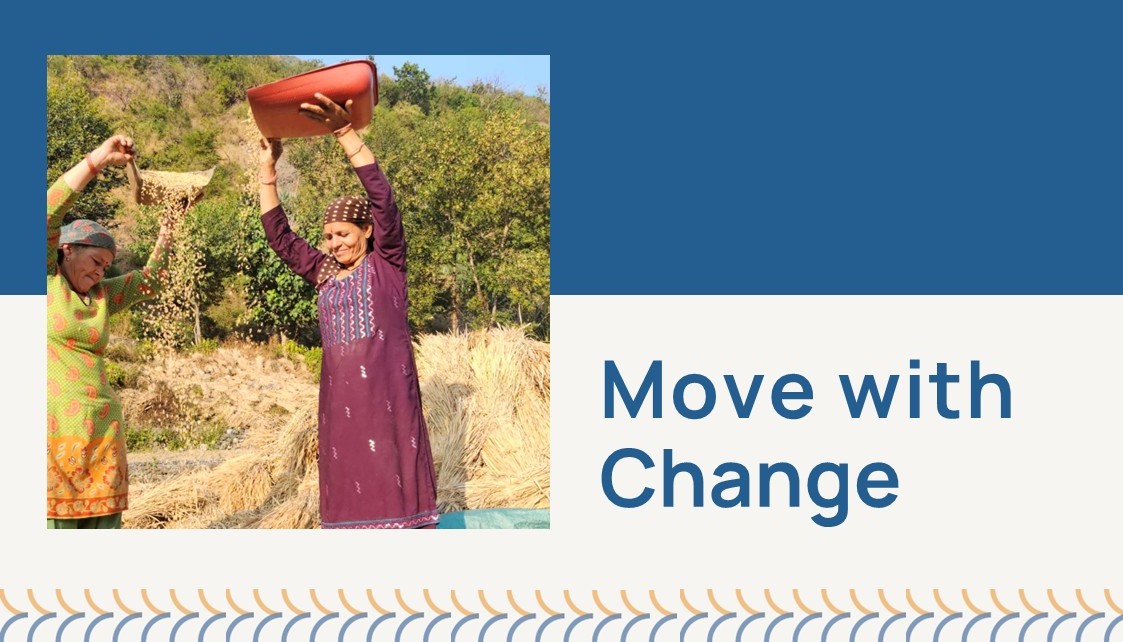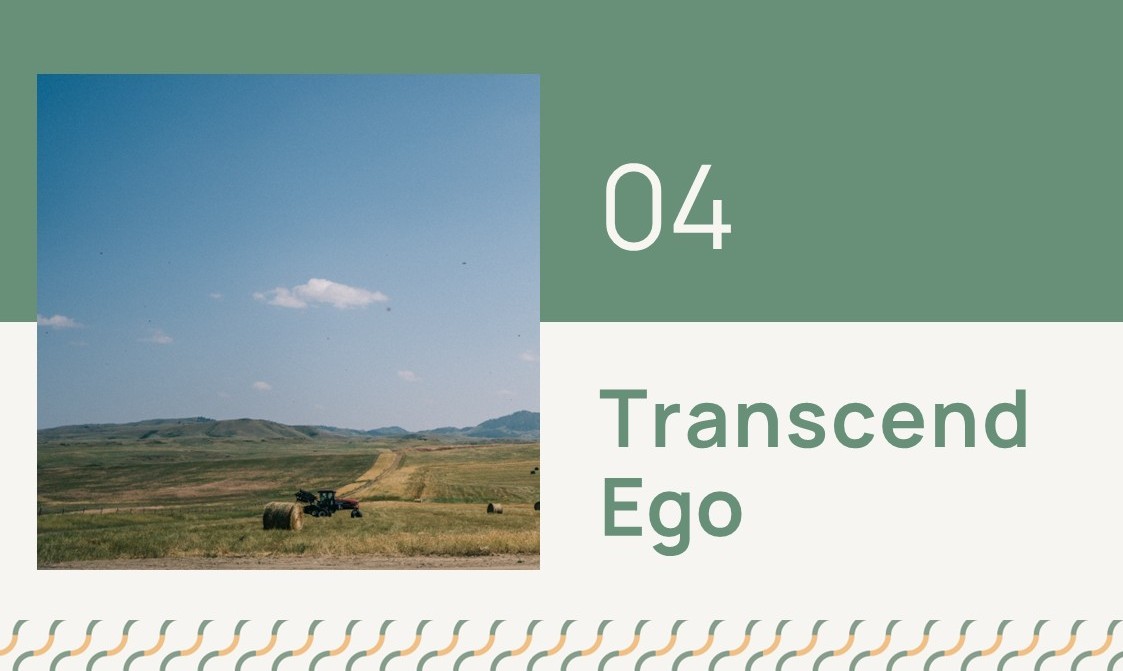RSF’s Deb Nelson talks with Nwamaka Agbo and Regan Pritzker of The Kataly Foundation about the importance of relationships and how to support communities that are exploring new solutions to systemic problems.
Deb: These are intense times, to say the least. What keeps you up at night, and what keeps you going?
Nwamaka: These current converging crises are ongoing systemic challenges that Black and Indigenous communities have experienced for centuries. The pandemic has revealed this vulnerability and staggering inequality by putting it under a spotlight that many can no longer avoid.
The thing that keeps me up at night is trying to understand what it will take to create systemic and structural change. For those of us that are committed to justice and equity it’s important to remain accountable to doing our own individual work while also fighting against the institutions and systems that seek to harm us.
What’s keeping me going are the great organizations that we have the pleasure of supporting, because despite the pandemic and the attack on our democracy, grassroots communities are coming together to envision and implement solutions based on agency and self-determination. That committed wisdom, and the way people continue to show up despite all that seeks to hurt them, inspires me.
Regan: That was beautifully stated and deeply resonates for me. Recently, what keeps me up at night is the concern of backlash. My worry is that, instead of more transparency around entrenched racism and patriarchal bias, there’s actually a backlash that’s even more explicitly hateful, and potentially militarized and state-sanctioned. If we go in the wrong direction, the stakes are just so high.
I’m inspired that more people are engaging, educating themselves, and leaning into personal transformation. The stakes are higher now and I hope that what I am seeing is indicative of a broader moment of change. The systems of patriarchy, capitalism, and racial oppression are negatively impacting all of us, not just communities of color, but also people who have traditionally benefited from this broken system.
Deb: There seems to be an opening for change, new ways of thinking, and new actions. Where do you see the greatest potential for lasting change?
Nwamaka: One of the greatest potentials for lasting change is rooted in the relationships that individuals within communities and organizations cultivate. Regardless of where you are located, what social movement, organization, or affiliation, it’s the uniqueness of these relationships that keeps people directly connected to one another in a values-aligned way, over time and across distances.
While we need to continue to fight for policy change, engage in electoral politics, and continue to experiment with cooperative entrepreneurship and innovation, accountability sits in the relationship, and that allows us to continue along the pathway of progress together. Our ability to be accountable to one another and hold each other in community is what persists.
Regan: Relationships are really important, and at the Kataly Foundation we’re trying to live into that. Where I’m seeing change happen is in movement spaces, and this call to action to fully resource black-led movements gives me hope. Movements are where you shift the conversation, get to the heart of the issue, and change what’s politically possible. White people, philanthropy, people with wealth, need to learn to follow the lead of our movements and join in as organizers and co-conspirators, but not set the agenda.
Deb: I’d love to hear more about the work that you’re doing at the Kataly Foundation.
Regan: We first worked together when Nwamaka was with Restore Oakland, so I got to see her in a practitioner role, coordinating between multiple grassroots organizations, digging into the numbers, looking at the capital stack, and determining what kind of funding makes a community-owned and community-governed capital project possible. I was inspired by the clarity of vision and the integrity of a project that was looking at dismantling the structures of dependency that are built into the nonprofit industrial complex and extractive philanthropy. Though philanthropy is meant to be about generosity structurally, it is predicated on dependency instead of shifting wealth and power. Nwamaka’s transformative framing of regenerative and restorative economies, envisions the future that I want to live towards.
Deb: What are your roles at the Kataly Foundation?
Nwamaka: What’s special about Kataly has been true partnership with Regan, Chris, and Susan, who show up and are committed to this work. Our work is about wealth liberation and directly investing resources in Black, brown and Indigenous communities and being in solidarity with social movement leaders.
We think of ourselves as a practice-based funder, where, in addition to moving financial and non-financial resources, we’re also providing strategic advice and technical assistance to our partners to make these projects work with a shared commitment to see them all succeed as a whole.
At Kataly I have the pleasure of serving as CEO in support of our amazing team by strategizing how to best resource and support Black, Indigenous, and communities of color across our three program areas.
These include an integrated capital vehicle called the Restorative Economies Fund, where we move financial resources across the capital spectrum to support projects, particularly in ensuring that they have access to the catalytic capital to help get them off the ground. Our environmental justice grantmaking program is led by another amazing consultant, Marni Rosen, and focuses on bringing together environmental justice leaders in a participatory grantmaking process to determine how to resource communities that are oftentimes hit first and worst by climate chaos.
Our mindfulness and healing justice body of work, being led by Donna Bransford, Larry Yang, and Kimi Mojica, focuses on ensuring that these impacted communities have the opportunity to engage in contemplative practices that allow them to heal, restore, and rest.
Our work on restorative economics, environmental justice grant-making, and mindfulness healing justice are all integrated into what we understand as necessary to support communities on the ground from a holistic Kataly vision. We try to activate all of our resources, financial and non-financial, to support communities at their highest point of need and to be in deep solidarity with them.
Deb: I love your holistic, integrated approach. Regan, what flipped the switch for you and motivated you to start activating money for good?
Regan: I grew up in a family with wealth. Our family name was very public and my external experience of that was uncomfortable. But my parents raised me with love and compassion and as their child, I really felt seen by them.
That gave me the self-concept to critically examine my relationship to that inherited wealth. I didn’t get comfortable talking about my wealth privilege until I was into adulthood which I think is a testament to how deep-seated the discomfort is for many people with wealth.
When my parents started the Libra Foundation in 2004, I had been interested in the idea of aligning investments with our mission. We had a clear human rights mission, but our investments weren’t aligned, and I had an idea that that was wrong, but I didn’t feel like I had the capacity to know how to actually engage and make it less bad.
When I attended Play BIG in 2014 I recognized that I could learn along the way. I explored how my values were being reflected, where my money sleeps at night, and how to reduce this feeling of contradiction when I have values that aren’t matched with what my financial resources are making possible.
Deb: Nwamaka, what challenges have you faced in using money as a force for good and encouraging others to do the same?
Nwamaka: The challenge of using money as a force for good is to spend the time to disaggregate capital as a tool, and capitalism as a system that is designed to extract natural resources, exploit labor, and accumulate more wealth. We have a responsibility to ask the question “why,” to be well informed, and to push back when we are engaging in systems that are designed to create more hurt and harm.
Capital and money have become so intrinsic to our ability to provide for ourselves, and because we don’t yet have a system that fully honors the dignity of every human life, people have to engage with capital as the tool by which they take care of themselves.
When people challenge how we move money, structure deals, and think about profit, it can feel like it is an attack on an individual’s ability to provide for themselves.
The opportunity is to understand that we do get to enact choice and create economic structures that are tied to our public health system, criminal justice system, and education system. We can choose to create a safety net that meets the needs of all people.
Deb: Regan, you’re an RSF investor and attended Play BIG. And Nwamaka, you’re an ICI fellow, a consultant, and advisor to RSF. You both had a very positive impact on the work we do. How did you end up collaborating with RSF, and what impact have those collaborations had on you?
Regan: Play BIG was my first introduction to the organization, and it has evolved. RSF’s philosophy to change the way people engage in relationships around money really affected me.
I was introduced to the idea that it’s possible to have a conversation about mutual needs in a financial transaction, rather than just following rules, issuing contracts, and technocratic solutions. Interacting with money can contain a set of conditions where people collectively make decisions about what to resource and how has stuck with me.
Deb: After going to business school and working in finance, I thought, “These structures, terms, and systems don’t make any sense,” because they usually don’t. They weren’t really created to do good, but to keep a small percentage of people in power with money, access, and privilege.
Regan: Financial jargon is intentionally designed to create a sense of expertise or hierarchy, so that someone who hasn’t gone through the sanctioned venues of power-gaining could easily feel intimidated. It’s very intentional, and that’s been a big learning for me, too.
Nwamaka: I agree with that assessment of the jargon. I went to ICI to learn more about impact investment and to deepen my own technical skills around the work. I was deeply moved by the model of inviting investors and donors to think about activating their entire portfolio of resources, and using grants alongside non-extractive investment tools to resource entrepreneurs and communities.
What I left with was a rich set of relationships and communities across different perspectives. I could bring my social racial justice analysis work into conversations with those who have a traditional finance background and to be in a relationship with unlikely allies. We can deepen our impact beyond what we could do individually, and I’m excited for this space where people across sectors can come together to reflect on economic and financial systems and move capital in a different way.
Deb: Can you share something you’ve learned about wealth and power?
Regan: The idea I’ve worked on the most is that power, in and of itself, isn’t a bad thing. I think a lot of well-intentioned people who have power can sometimes think of it as a bad thing, something you’re not supposed to wield, or that you’re going to corrupt the system by stepping into your power. I think learning how to step into power responsibly, wield it with accountability, and in partnership with community can be extremely meaningful, helpful, productive, and liberating.
Nwamaka: I think wealth and power are meant to be shared for our collective good. We’ve structured ourselves as a society with the misconception that our money will keep us safe. Regan and I both know that it’s our deep relationships and communities that are the actual things that keeps us safe.
People do need access to resources to support their communities, but it is being able to be in deep relationship with our community that holds us and takes care of us. Seeing how communities have responded in the COVID crisis despite the failure of our government to act has shown that it’s our neighbors, friends, and families that show up to care for us when everything else has fallen to the wayside. So, yes, I would say wealth and power are meant to be shared for our collective good.


